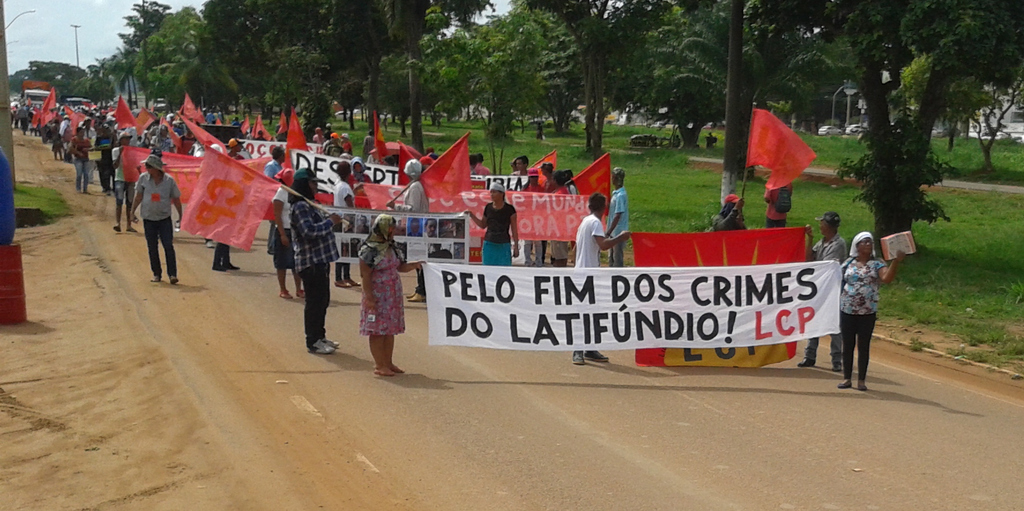On May 22, 2016, the bodies of the couple Luiz Carlos da Silva and Cleidiane Alves Teodoro were found floating on the Candeira River, in the Vale do Jamari region, in Buritis, Rondônia. The victims were stabbed and head shot.
According to the League of Poor Peasants (LCP), Luiz Carlos da Silva was the leader of the Luiz Carlos settlement (named after another peasant who disappeared in 2014) and for this reason the couple would have been assassinated. This encampment is located in the area of Fazenda Fluminense, in Monte Negro, occupation that generates tensions between large landowners and the peasants, who have been struggling for agrarian reform in the region.
The League of Poor Peasants (LCP), of which Luis Carlos was a member, is a social movement that organizes landless rural workers in the struggle for agrarian reform and for the social justice in the rural areas.
The murder of Luiz Carlos is not an isolated incident. Unfortunately, this murder happened in a context of escalating violence against land rights defenders in Brazil. According to the Pastoral Land Commission (Comissão Pastoral da Terra – CPT), in the state of Rondônia 21 people were murdered due to agrarian conflicts in the year of 2016. In the total 61 defenders were killed in Brazil in 2016 for crimes related to land issues. These numbers emphasize the immense courage of those farming communities to stand for their land rights against rural elites, despite of the violence that they have been suffering.
